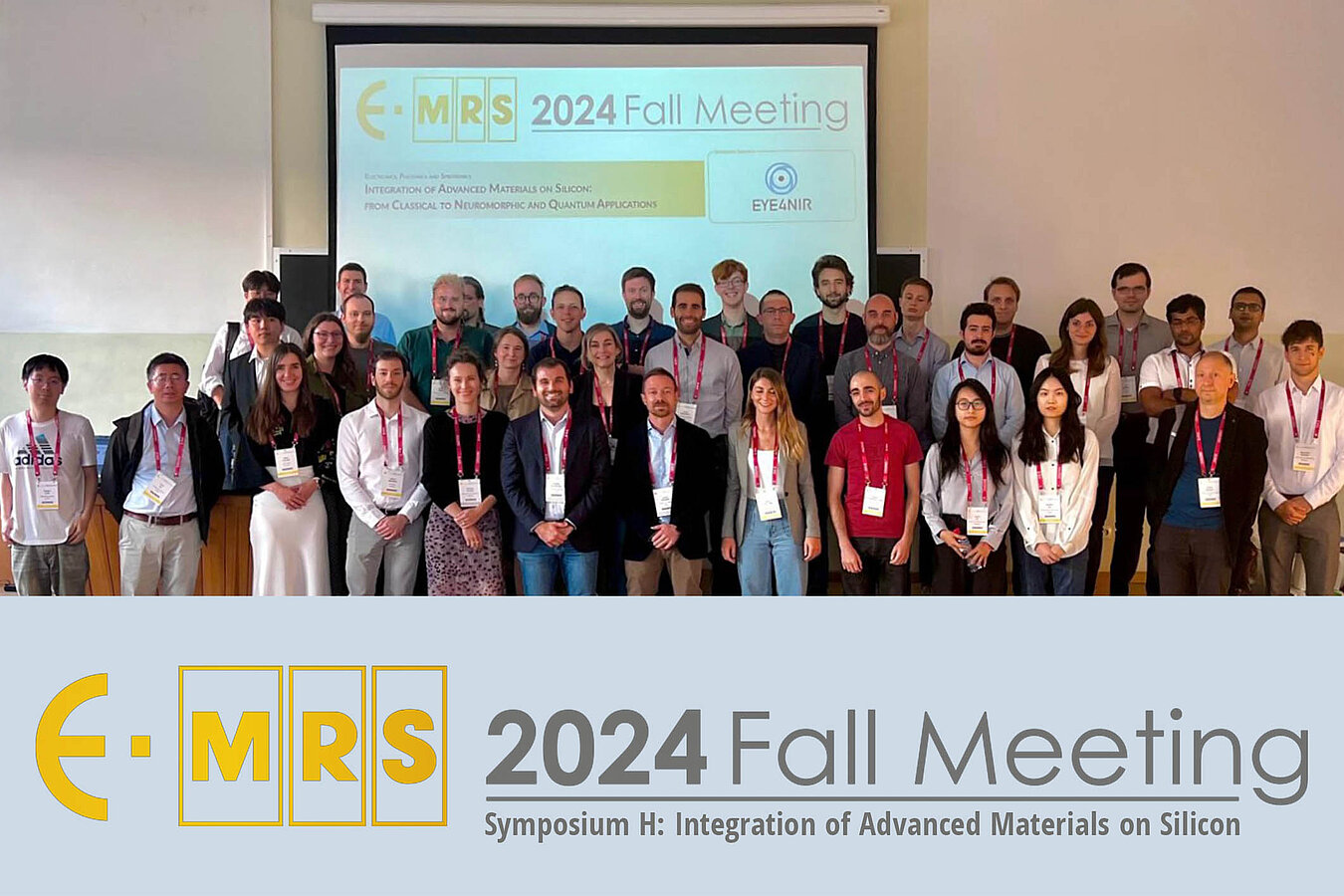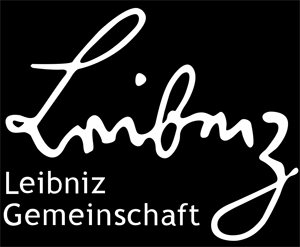The microelectronics industry has consistently delivered faster, more efficient computing by downscaling classical MOS transistors, boosting performance and lowering energy consumption with each new technology node. This progress has made high-performing PCs and low-power mobile devices widely accessible. More recently, the demand for high-performance devices and rapid data transfer has surged, driven by the "Internet of Things," ultra-fast communication, and new computing paradigms like neuromorphic and quantum processing. However, transistors cannot scale down indefinitely, prompting the search for alternatives. Still, the best contenders are likely to be those that can be integrated with conventional silicon chip platforms.
The symposium gathered scientists working on monolithic and heterogeneous integration of alternative semiconductors and new materials, to enable additional functionalities on mature silicon-based technologies. Over the course of three days 11 invited speakers (Gerasimos Konstantatos, Elizaveta Semenova, Carlos-Alonso Ramos, Costanza Manganelli, Michael Jetter, Ross Millar, Virginia Falcone, Brian Corbett, Vihar Georgiev, Ausrine Bartasyte, and Iwan Moreels) shared their expertise for example on the fabrication, characterization and simulation of group IV alloys and III-V compounds on Si, quantum dot, quantum well and nanowire structures for integrated optoelectronic, photonic and quantum photonic; on innovative hetero-integration techniques, such as transfer and printing technologies and advanced heteroepitaxy; and on applications from infrared and THz sensing and communication to non-linear optics and emerging applications for quantum information science.
The organizers thank all invited speakers, oral and poster presenters, and participants for their contributions making this event such a success. This truly helped advance our understanding and sparked meaningful conversations. The 2024 symposium was an arena to present and discuss how heterogeneous integration will help Si-based microelectronics and photonics to address tomorrow's challenges in modern societies, be it with higher performance (More Moore) or highly functionalized (More than Moore) chips.
Contact
Leibniz-Institut für Kristallzüchtung (IKZ)
Dr. Karoline Stolze
Phone: +49 30 6392-3121
Email: karoline.stolzeikz-berlin.de


